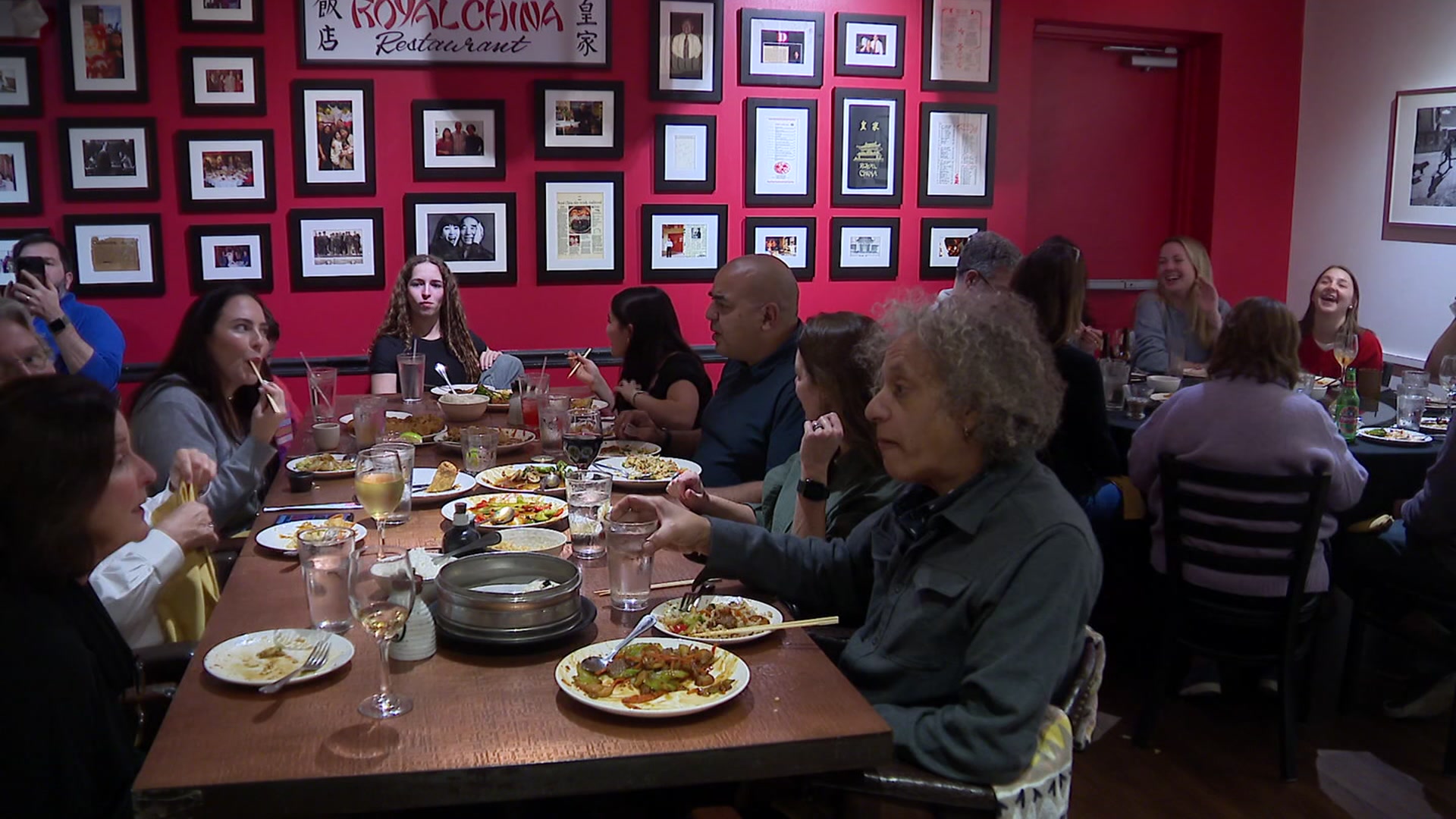A colonel at the Joint Reserve Base in Fort Worth says media photographs of flag-draped coffins would add to the pressure military families face.
President Barack Obama's administration is reviewing a Pentagon policy banning media from taking pictures of flag-draped coffins returning fallen U.S. servicemen.
"If the needs of the families can be met, and the privacy concerns can be addressed, the more honor we can accord these fallen heroes, the better," Gates told reporters at a Pentagon news conference Tuesday. "So I'm pretty open to whatever the results of this review may be."
But Col. Kevin E. Pottinger, commander of the 301st Fighter Wing at the Joint Reserve Base in Fort Worth, said the ban should stay in place.
"There is enough pressure already on the families of military reserves being called up to active duty," he said. "To add the threat of seeing plane loads of U.S. flag-draped coffins arriving home in the States on a regular basis would just compound the stress."
Another 89 members of the 301st Fighter Wing leave Texas Feb. 17, to join another group in Afghanistan that left for duty last month. These airmen and their families known the danger, they signed up for it.
Pottinger said the airmen and their families knew the danger they faced, but "they did not sign up" for a reversal of the photo ban.
Local
The latest news from around North Texas.
"My own son may end up going over (to Afghanistan or Iraq), and If something happened and we faced greeting that plane, I wouldn't want our most private and sorrowful moment to be violated by a camera," he said.
Some families have worked with the media to witness arrival of their fallen hero, to help celebrate their lives.
"But, those families should have that choice, not the media," Pottinger said.
The ban that was put in place in 1991 by President George H.W. Bush. Some exceptions to the policy were made in some cases, until the administration of President George W. Bush and the wars in Iraq and Afghanistan.
The publication and airing of flag-draped coffins arriving home from Vietnam are often credited as one of the factors that helped turn public opinion against the Vietnam War.
Some have argued that showing arriving coffins is necessary to communicate the direct cost of the war.
"It shouldn't be up to the government to hide these images to the public," said John Ellsworth, president of Military Families United, in an interview with the Associated Press.
Ralph Begleiter, a professor at the University of Delaware who unsuccessfully sued to force the government to release pictures of flag-draped coffins returning home and a former world affairs correspondent for CNN, said the caskets are not identified "in any way."
He said taxpayers should see the cost of war.
The fallen troops "died for us -- they died for the nation, they died for the cause," he said in a January interview. "It is a right for all Americans to pay their respects for those who made the sacrifice. It is not a right held exclusively for families themselves."



